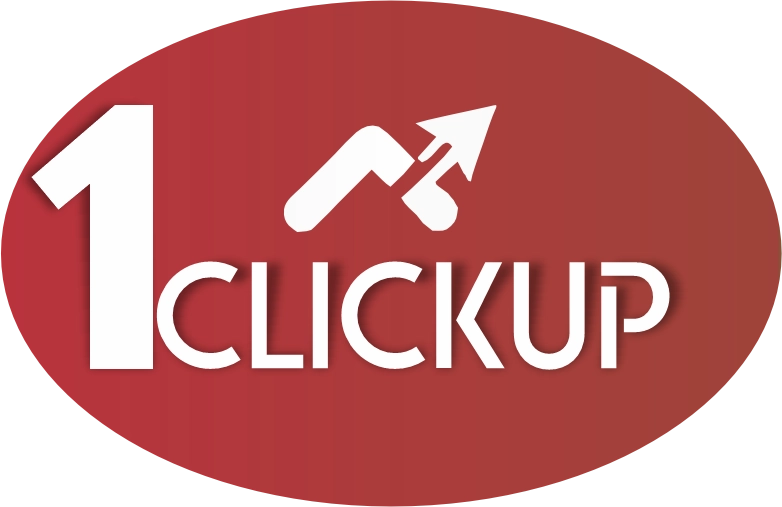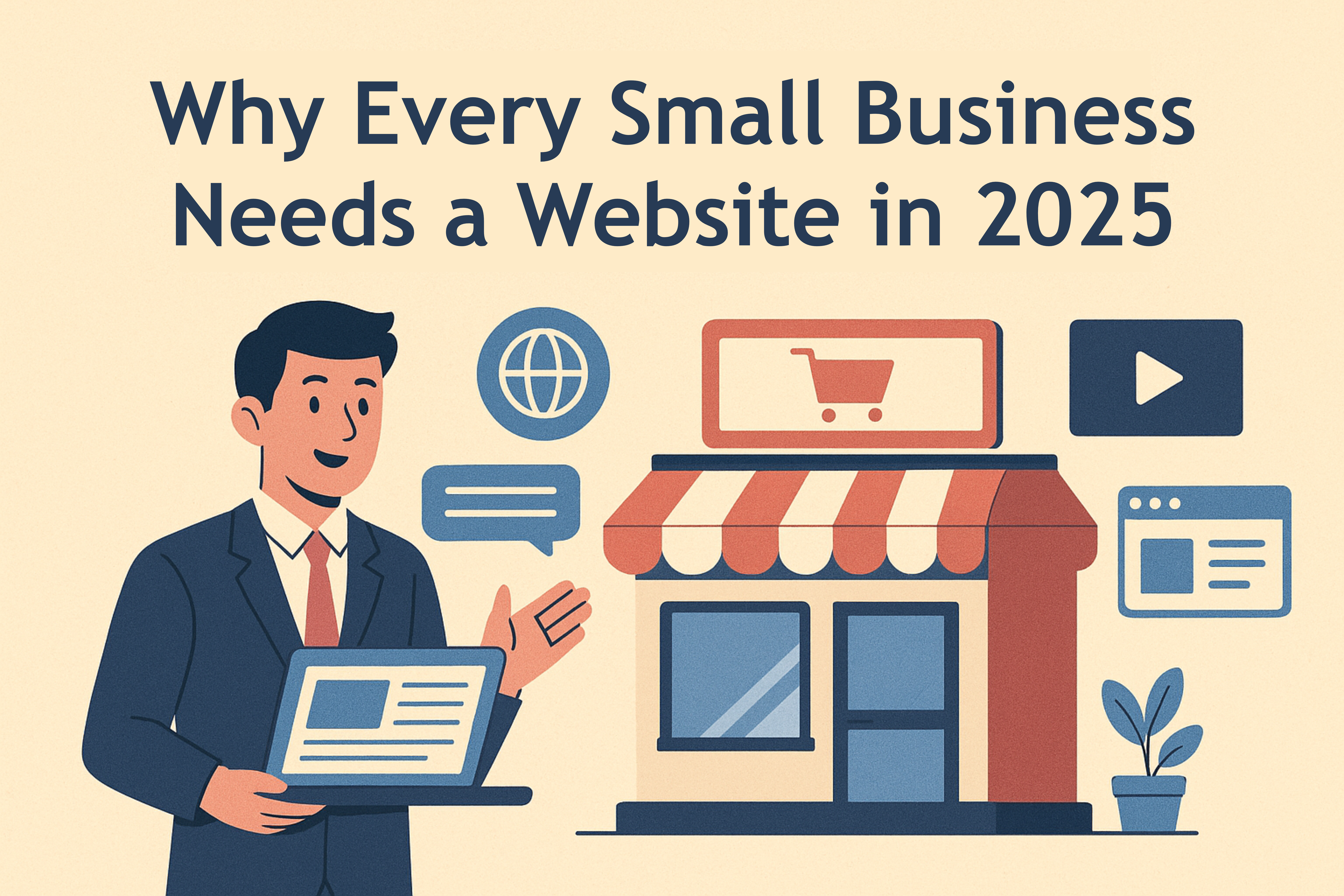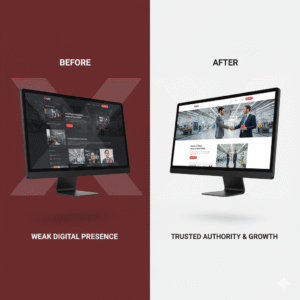1. Build Credibility and Trust
One of the most important needs for any small business is earning customer trust. Traditionally, trust was established through physical store appearance, staff behavior, or word-of-mouth recommendations. Today, a customer’s first impression is often based on your online presence.
When someone searches for your brand on Google and finds no website, they may unconsciously question your credibility. On the other hand, having a professionally designed website—even a simple one—can make your business appear reliable, credible, and trustworthy.
A website acts as your digital office, where customers form their first impression. Many marketing experts stress:
“If you’re not visible online, for many customers, you effectively don’t exist.”
Example: A local café in Tehran saw a 60% increase in new customers after launching a clean, informative website with a menu, location, and customer reviews.
2. Provide 24/7 Access to Customers
Physical businesses are limited by operating hours. A website functions as a virtual branch that never closes.
Customers may browse for your products at 11 PM or 6 AM. With a website, they can access product information, view your portfolio, read FAQs, or even place an order anytime.
This capability is especially valuable for small businesses as it allows new sales opportunities without hiring extra staff or increasing costs.
Example: A small online bookstore in Shiraz saw a 40% increase in sales from late-night orders after creating a user-friendly online store.
3. Cost-Effective Marketing
Small businesses often struggle with limited marketing budgets. Printing brochures, running billboards, or television campaigns can be very expensive. A website, however, acts as a long-term, cost-effective marketing tool.
- SEO (Search Engine Optimization) allows you to appear in Google search results for free.
- Creating valuable blog content can attract customers without recurring costs.
- Paid campaigns like Google Ads or social media ads can target only those who are looking for your services, maximizing ROI.
Example: A small handmade jewelry brand in Isfahan reduced marketing costs by 70% by focusing on content marketing and SEO instead of traditional ads.
4. Compete with Bigger Brands
Small business owners often feel they can’t compete with large corporations. Online, however, the playing field is much more level.
Search engines rank businesses based on relevance and quality, not size. A well-optimized website can appear alongside or above large competitors.
Many customers prefer small businesses for more personalized service. Your website allows you to showcase your unique value.
Example: A local web design studio in Tehran outranked larger agencies for “affordable website design Tehran” by producing high-quality portfolio pages and client testimonials.
5. Showcase Products and Services Effectively
In physical stores, time is limited for presenting products, and customers may have few opportunities to ask questions. A website provides unlimited space to highlight products professionally.
- High-quality images
- Instructional videos
- Detailed descriptions
- Blog content addressing customer questions
This level of detail helps customers feel confident and encourages purchases.
Example: An Iranian handmade rug seller boosted online sales by 50% after adding 360° product images and educational videos explaining weaving techniques.
6. Continuous Analytics and Improvement
A website allows you to gather precise data about your visitors:
- Number of visitors
- Geographic location and device used
- Most-clicked products
- Pages where users exit
Tools like Google Analytics or Search Console make this data easy to access. These insights allow you to optimize your offerings and marketing scientifically, rather than relying on guesswork.
Example: A small IT service provider tracked user interactions and improved their website’s contact form, increasing inquiries by 35%.
7. Expand Your Customer Base
Traditional businesses are often limited by geography. A website removes these boundaries.
Even a small local store can reach customers nationwide, or even internationally. Some small Iranian businesses have successfully exported their products thanks to their websites.
Example: A small saffron supplier in Mashhad expanded to Europe and the US markets after setting up an e-commerce website.
8. Create a Sustainable Competitive Advantage
Many small competitors have yet to fully embrace digital presence, giving you a golden opportunity.
By launching and consistently updating your website, you can stay years ahead of your competitors. A website that publishes valuable content, provides excellent user experience, and is optimized for search engines becomes a long-term asset for your brand.
Example: A small educational platform in Tehran built a comprehensive online learning hub and maintained it, positioning itself as a leading brand in its niche.
Conclusion
A website is not a luxury for small businesses—it’s a critical necessity. From building trust and offering 24/7 access to saving marketing costs and expanding your reach, the reasons are clear: without a website, you risk missing significant opportunities in today’s digital world.
If you haven’t launched your website yet, the best time is now. Every day of delay is one less potential customer, one missed opportunity, and a step behind your digitally-savvy competitors.



